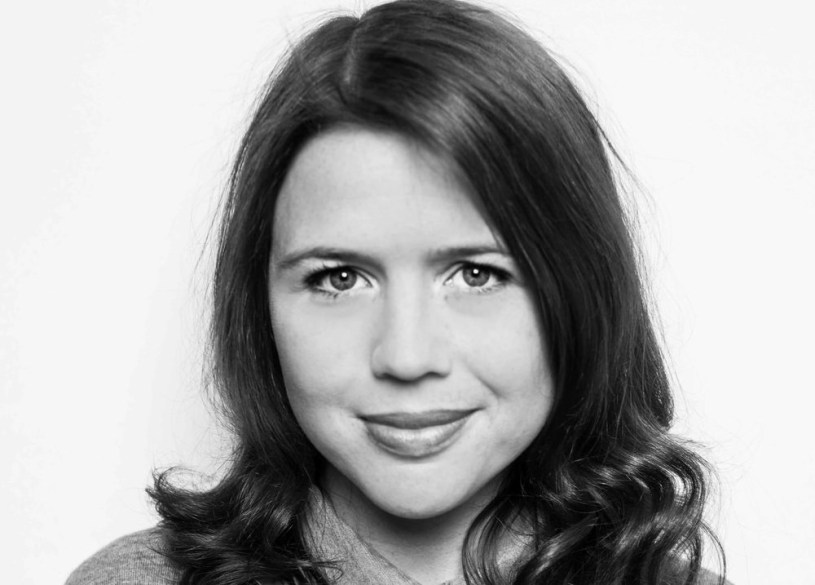Lucy Gaffy.
For emerging director Lucy Gaffy, the Australian Directors’ Guild’s shadow directing initiative – which saw her recently helm an episode of the second season of Doctor Doctor – was the perfect opportunity to bridge the difficult next step in her career.
Before undertaking the initiative, Gaffy had directed several shorts, including the AACTA Award winning Dream Baby, and The Gift, backed by Screen NSW’s Emerging Filmmakers Fund. She’d also completed a director’s attachment with Mark Joffe on CJZ’s House of Bond, and spent three months as an as an observing director at the Juilliard School of Drama in New York.
“I just wasn’t able to – like many emerging directors – get that next shot, which is into broadcast television,” she told IF, noting that once that bridge is crossed, doors tend to open to bigger things.
Gaffy said that as TV drama moves towards shorter-run, higher-cost series, broadcasters are understandably risk averse when it comes to taking on new directors. However, with the concurrent boost in TV drama production it means “the same directors are shooting constantly”.
“The ADG recognised… for the last three or four years there was actually very little new blood, and that was a real problem.”
The guild’s initiative, backed by Screen Australia’s Gender Matters: Brilliant Careers program, aims to get more women directing Australia TV drama series and serials over the next two years. Gaffy is the second director to participate, following on from Darlene Johnson, who directed an episode of Home and Away.
The set-up sees an emerging director shoot their own episode while also paired with an experienced mentor director. This arrangement is “perfect” in Gaffy’s eyes, in that it allows a broadcaster to feel confident in working with a new director, yet also offers the new director support.
“No one has anything to lose, because if it does happen to be a disaster, the other person steps in,” she said.
On the Doctor Doctor set, Gaffy shadowed Ian Watson. “In the block, he was doing episode eight and I was doing episode seven. We did all of our pre together, we did all of the meetings together. But then on set it would be my scene or his scene. He even stepped off set. It was interesting; it was really just to show the crew not to look for him – that it was my episode, which was incredibly generous of him.”
As well as Watson, Gaffy said production company Essential Media (now Easy Tiger Productions) were very supportive. “This shadow directing program was successful because they declared to everyone: ‘Here is Lucy Gaffy, we feel confident in her’. I wasn’t an attachment; I was just another director. I had a desk, and I was not presented as anything different.”
For Gaffy, her experience directing Doctor Doctor was not so much new as it was “writ large”. The key difference was the physical rigour of a longer shoot, and the creative focus and concentration required to be within a larger story for a longer period of time.
Almost immediately after wrapping production she was taking meetings for more work, and has been invited back to Doctor Doctor for season three.
“There were lots of offers and continue to be, which surprised me. I thought it would be a bit of a slower slog after that. But I think people are interested in new voices and new ways to bring audiences back to television or keep audiences.”
As for the need for these sort of programs for female directors in particular, Gaffy believes we are in a time where the idea of what a ‘captain’ looks like is changing.
“Probably broadcast television is the last place where that’s being held onto a little bit. Having the confidence of the Directors Guild and the team at Essential and a great director like Ian Watson enabled people to put that aside, because I probably don’t look like a ‘captain’. I’m a freckle-faced, round woman with a small voice, but I am able to run a set and I am able to gain the confidence of a crew and the cast and make my day. And at the end of the day that’s what you need your director to do.
“So I feel part of the changing face of what leadership in Australian film and television looks like and I’m very, very proud of that. But it really did happen with people around me enabling that.”


